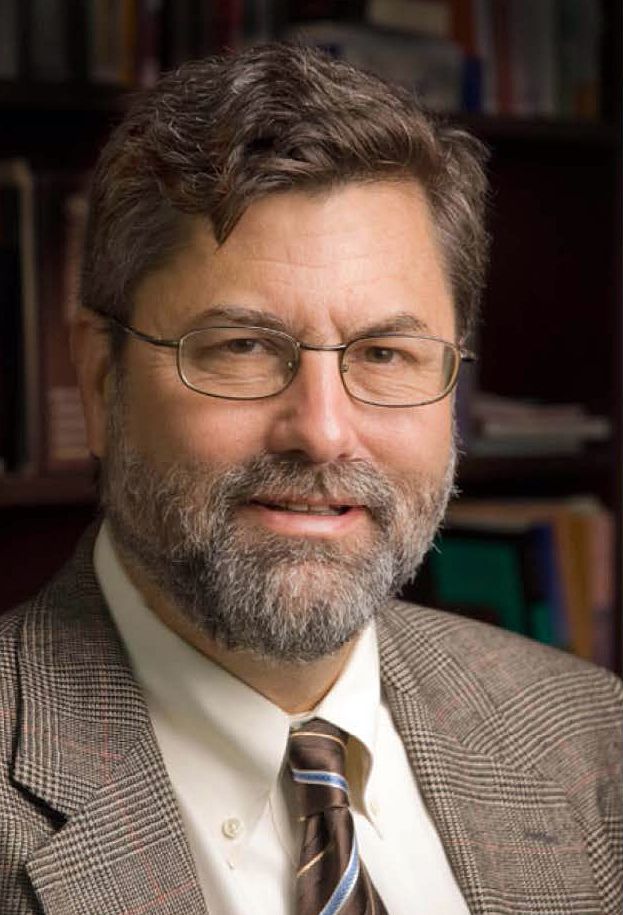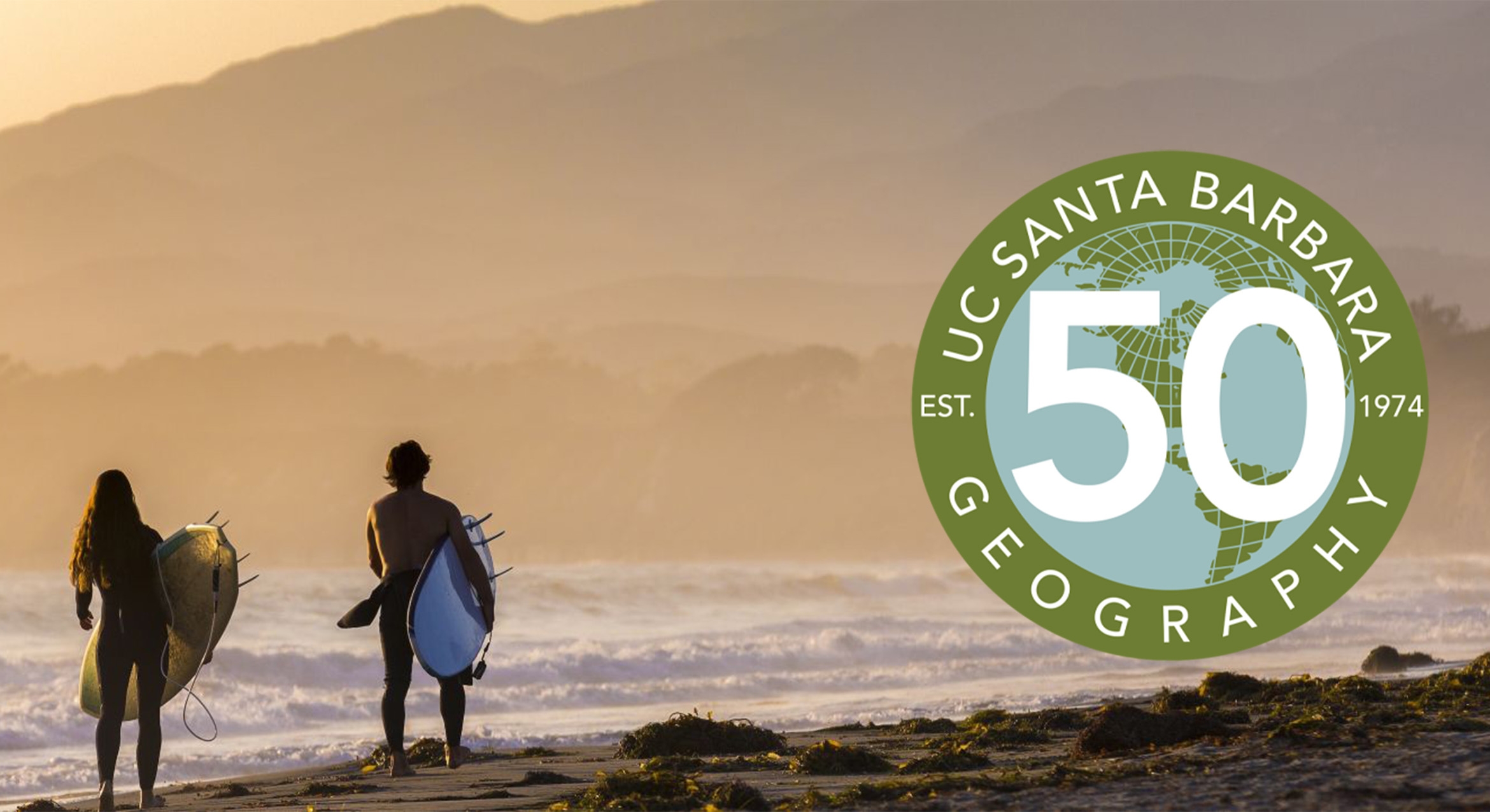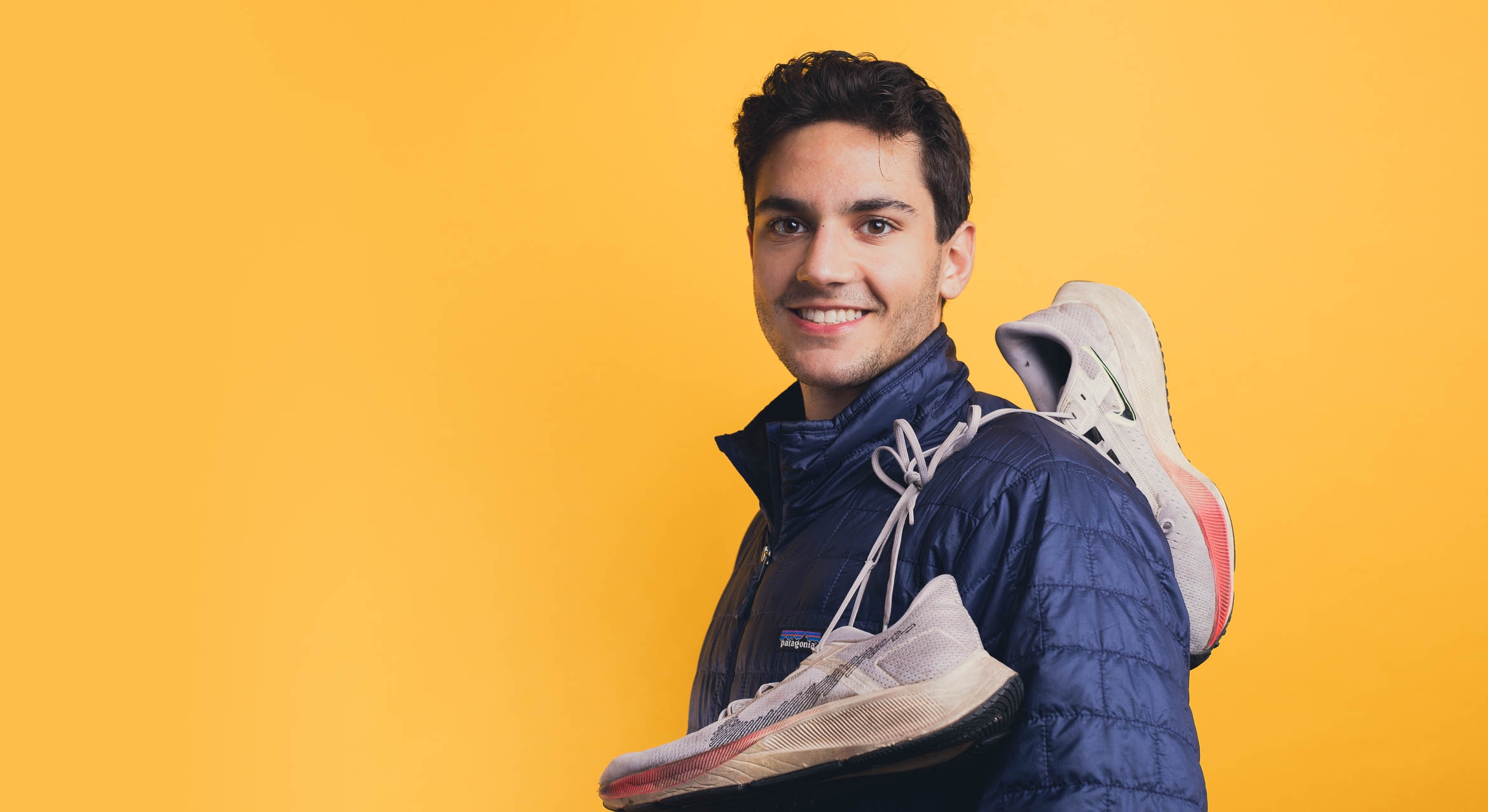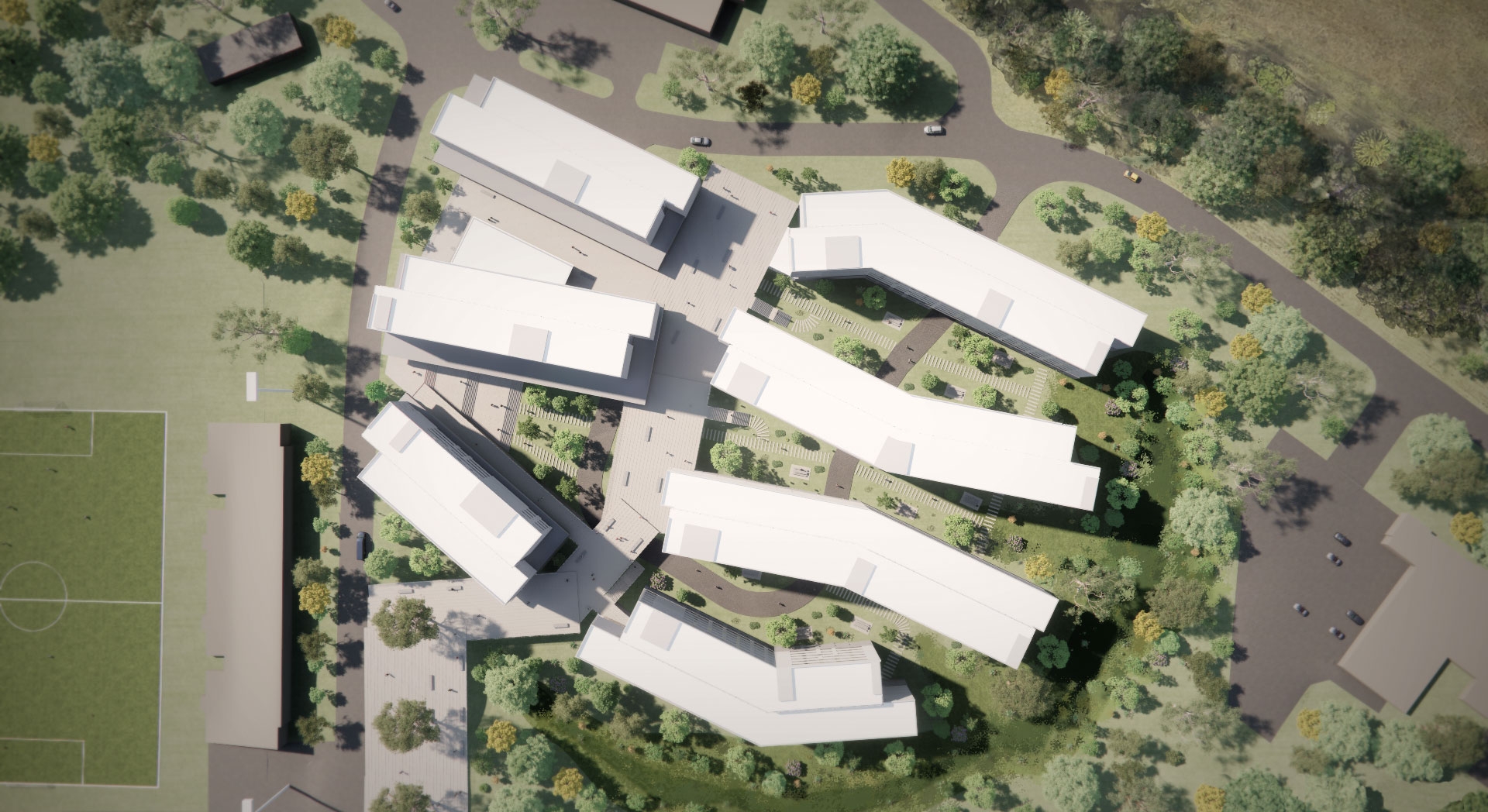
New Dean Takes the Reins
For a scholar who had worked at two universities in his 28-year career, Charles R. Hale certainly got around. An anthropologist, he did years of fieldwork in Bolivia, Nicaragua, Guatemala, Mexico and Honduras.
And now he’s found his third academic home at UC Santa Barbara. As the new SAGE Sara Miller McCune Dean of Social Sciences, Hale oversees 12 academic departments and programs with more than 6,500 undergraduate and 400 graduate students.
Hale, who previously was a professor of African and African Diaspora studies and anthropology at the University of Texas at Austin, comes to his new position primed to embrace UCSB’s interdisciplinary approach to academics.
“I’ve always been an interdisciplinary scholar,” he said. “I believe that social sciences need to strengthen core areas of excellence that traditionally have been discipline-specific, while constantly crossing boundaries and collaborating beyond our comfort zone.”
Hale has spent years pushing against boundaries and embracing multiple disciplines in his research, which has focused on race and ethnicity, racism, social movements and identity politics among black and indigenous peoples in Latin America and the Caribbean.
He is known for his extensive work with the Miskitu, Creole and Garifuna peoples of Central America, on how societies transition from mono-ethnic governance toward the recognition of rights to autonomy, territory and other forms of multicultural citizenship.
Hale’s research has been supported by funds from the National Science Foundation and the Ford, Wenner-Gren, MacArthur and Harry Frank Guggenheim foundations. He was awarded a Fulbright Fellowship for research and teaching in Oaxaca, Mexico.
In addition to his research, Hale has thrived as an administrator. At Texas he was director of the Teresa Lozano Long Institute of Latin American Studies (LLILAS) and led the LLILAS Benson Latin American Studies and Collections, which joined LLILAS with the renowned Nettie Lee Benson Latin American Collection.
At UCSB, Hale would like to emphasize the potential of social science to address issues of equity, sustainability and democratic voice in our societies. “I’m keen on seeing how social science research can, first of all, be communicated effectively across broad publics so that people understand the importance of what we do, and that we are clear that our research is both excellent in scholarly terms and oriented addressing key social problems that need critical thinking,” he said. “So I’m interested in initiatives that are oriented toward problem-solving in society to take on those big questions, ideally from interdisciplinary perspectives.
“Often there’s a perception that the biggest problems of our society are resolved through technological advancements,” Hale continued. “I think that’s always part of the equation. But the stumbling blocks often end up being the socio-political conditions that make the hypothetical solutions actually work. That’s where social science research becomes absolutely essential.”
Looking ahead, Hale would like to teach a freshman seminar focused on Central American experiences starting in the era of revolution (1970s and ’80s), which produced intense political conflict, exciting prospects for social change and many problems. It was also the beginning of large-scale Central American migration to the United States.
“And now we have the children, and the grandchildren of those migrants, who are students here; their ancestry as Central American Americans, and in some cases as indigenous and black Central Americans, is often hidden within the category of Hispanic. I think a seminar would resonate, as they learn about their own roots and those of their grandparents, connecting this history to their experiences and struggles in the U.S.”



